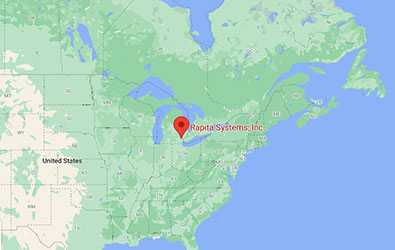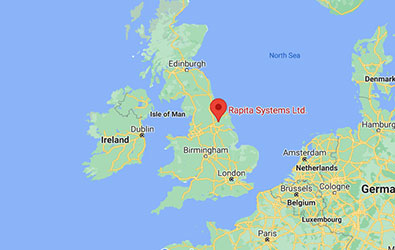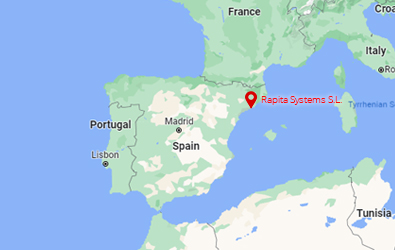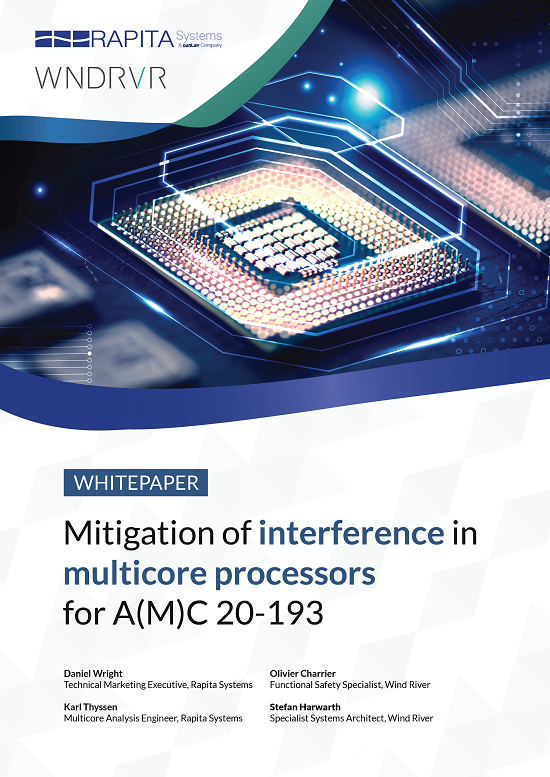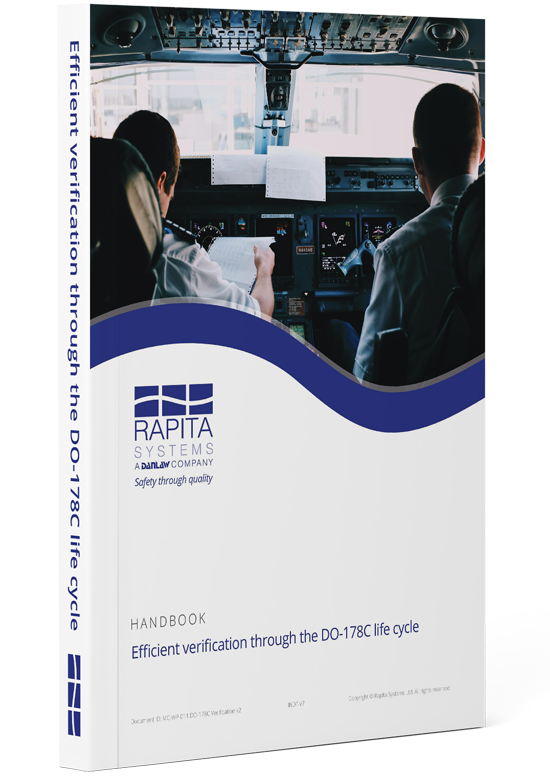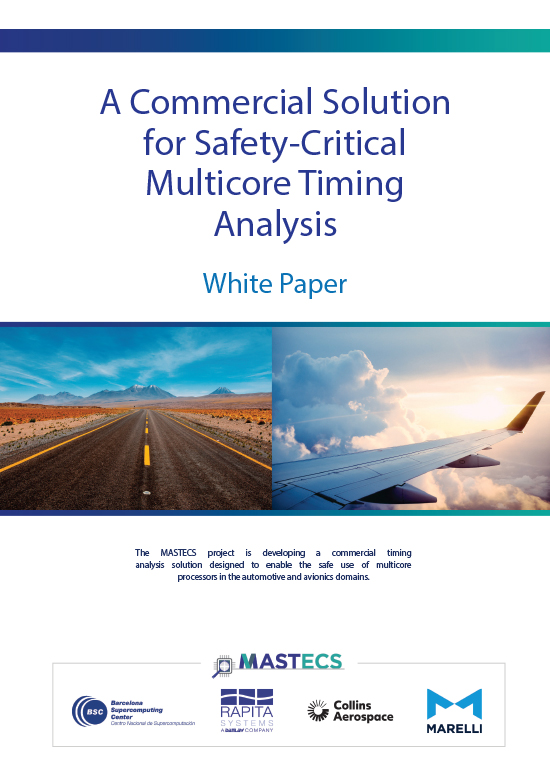Our series of blog posts on optimizing embedded software with the aim of improving (i.e. reducing) worst-case execution times continues with a look at removing average case optimizations.
Software optimization techniques which improve worst-case execution times #16: Removing Average Case Optimizations
Probably the most common reason why unnecessary code is found on the worst-case path is an application written with good average case performance in mind.
The following example illustrates how code that shortcuts loop iteration to obtain a faster average case execution time makes the worst-case longer.
In the ripple sort example below, the nested for loops sort the contents of the array a[] into order, smallest value first. On each iteration of the outer loop, if no elements have been swapped, then the array is sorted and the loop can exit early. This implementation has reasonable average case behaviour, for example, given a sorted array the inner loop iterates only once. However, with the worst-case arrangement of data, setting and checking the sorted variable is superfluous and only adds to the worst-case execution time.
Example: Ripple sort
void
ripple_sort1(Uint32 *a,
Uint32 length)
{
Uint32 i,j,k, tmp;
Uint8 sorted;
for(i = length - 1; i>0; i--)
{
sorted = TRUE;
for(j=0; j<i; j++)
{
k = j+1;
if(a[j] > a[k])
{
tmp = a[k];
a[k] = a[j];
a[j] = tmp;
sorted = FALSE;
}
}
if(sorted)
{
break;
}
}
}
The worst-case execution time of the two ripple sort implementations are given in the table below. The worst-case execution times assume a maximum length of 10 for the array.
| Function | WCET (clock ticks) | |
| MPC555 | HC12 | |
| ripple_sort1 | 1159 | 7949 |
| ripple_sort2 | 1051 | 7775 |
| Reduction in WCET | 9.3% | 2.2% |

 Hybrid electric pioneers, Ascendance, join Rapita Systems Trailblazer Partnership Program
Hybrid electric pioneers, Ascendance, join Rapita Systems Trailblazer Partnership Program
 Magline joins Rapita Trailblazer Partnership Program to support DO-178 Certification
Magline joins Rapita Trailblazer Partnership Program to support DO-178 Certification
 Eve Air Mobility joins Rapita Systems Trailblazer Partnership Program for eVTOL projects
Eve Air Mobility joins Rapita Systems Trailblazer Partnership Program for eVTOL projects
 How to certify multicore processors - what is everyone asking?
How to certify multicore processors - what is everyone asking?
 Data Coupling Basics in DO-178C
Data Coupling Basics in DO-178C
 Control Coupling Basics in DO-178C
Control Coupling Basics in DO-178C
 Components in Data Coupling and Control Coupling
Components in Data Coupling and Control Coupling
 DO-278A Guidance: Introduction to RTCA DO-278 approval
DO-278A Guidance: Introduction to RTCA DO-278 approval
 ISO 26262
ISO 26262
 Data Coupling & Control Coupling
Data Coupling & Control Coupling
 Verifying additional code for DO-178C
Verifying additional code for DO-178C
 DO-178C Multicore In-person Training (Bristol)
DO-178C Multicore In-person Training (Bristol)
 DO-178C Multicore In-person Training (Fort Worth, TX)
DO-178C Multicore In-person Training (Fort Worth, TX)
 DO-178C Multicore In-person Training (Toulouse)
DO-178C Multicore In-person Training (Toulouse)










